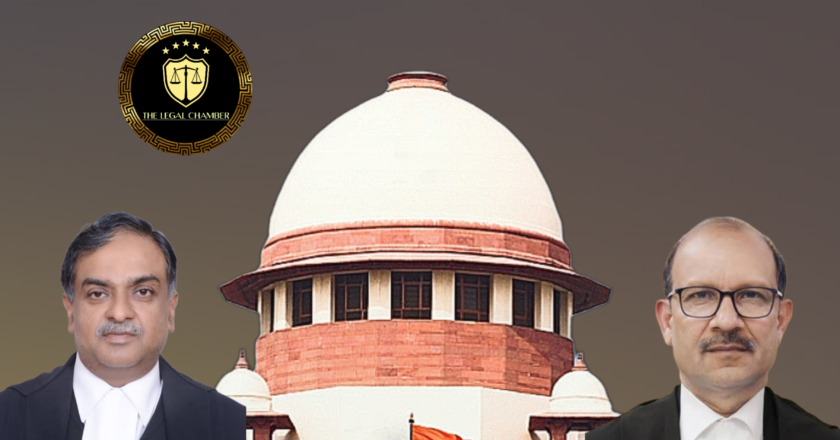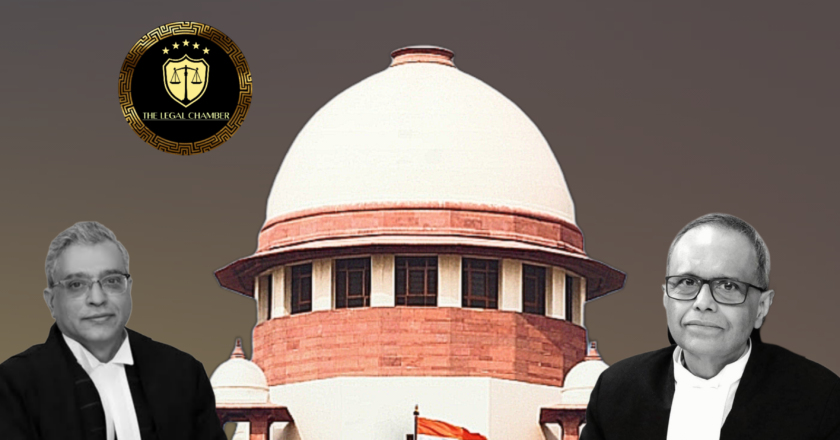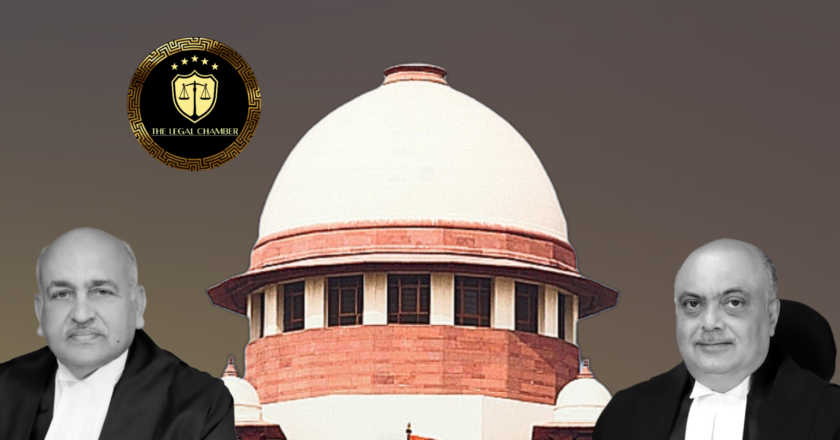Supreme Court Landmark Ruling: Proprietor and His Business Are Not Separate Legal Entities
The Supreme Court held that a proprietorship concern is not a juristic person and a suit filed against the proprietor personally is maintainable. Order XXX Rule 10 of the CPC is merely enabling and does not bar a suit against the proprietor, who remains the real party in interest for all transactions conducted in the trade name.
Facts Of The Case:
The appellants, owners of a property, leased it to Aditya Motors, a sole proprietorship concern of respondent Pilla Durga Prasad, via a registered lease deed. After the lease expired, the lessee failed to vacate, prompting the appellants to file an eviction suit. The original suit named the lessee as defendant no.1 (Aditya Motors), along with the sub-lessee and its directors. During the proceedings, the appellants amended the plaint, substituti...




